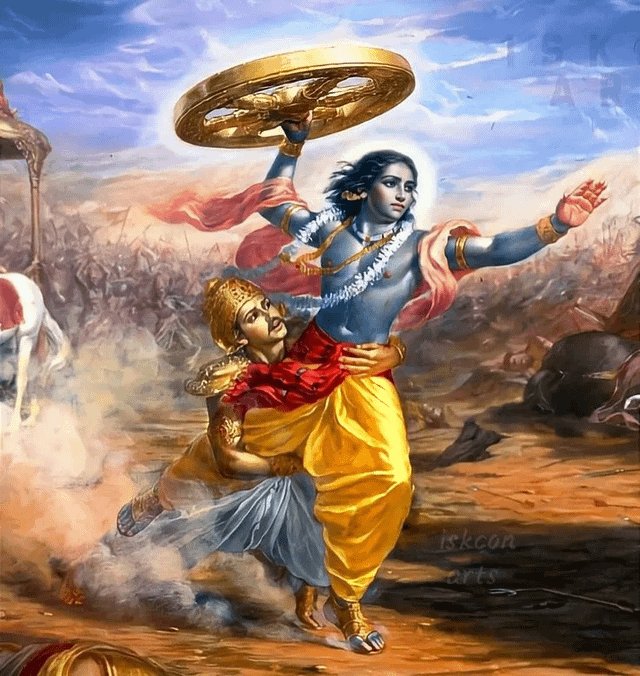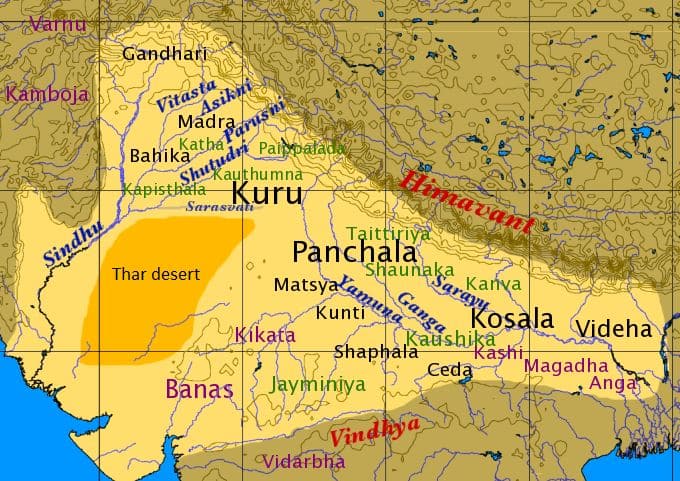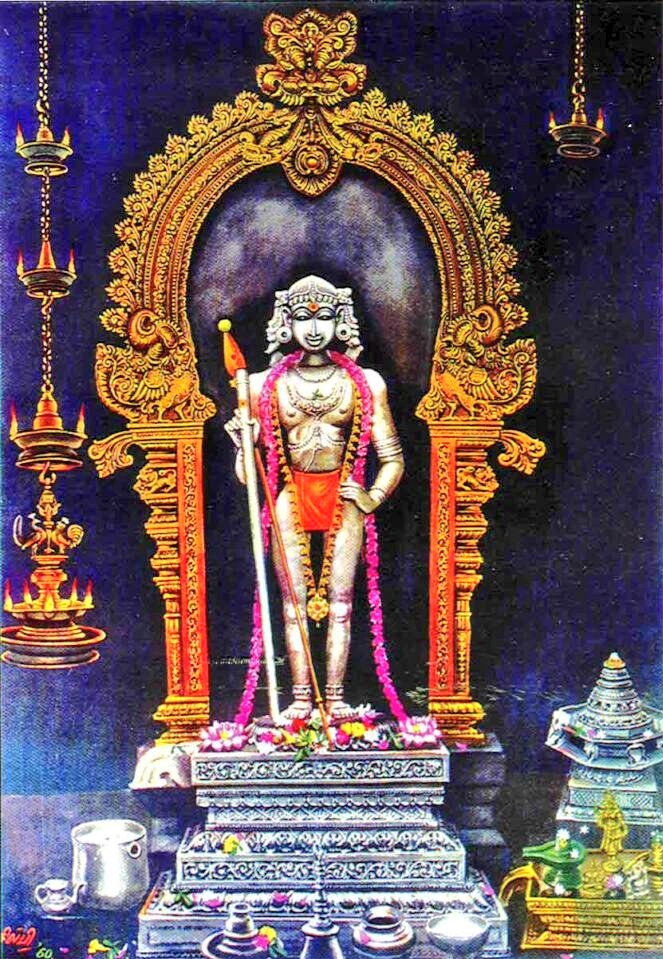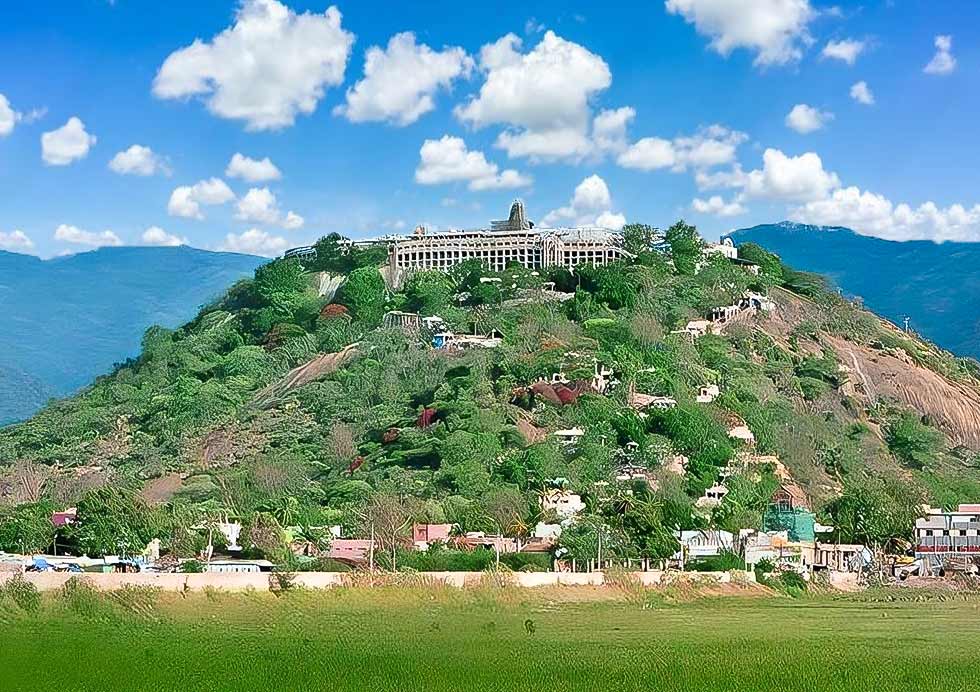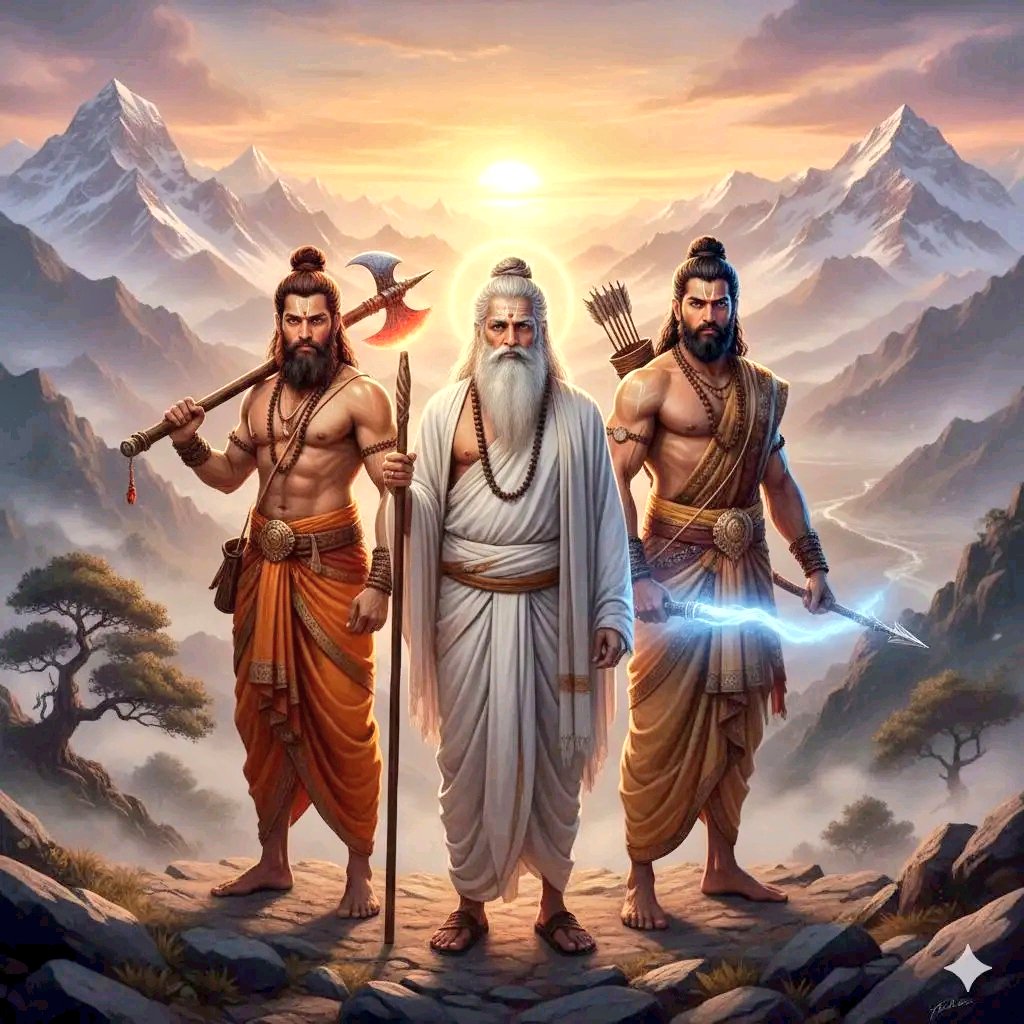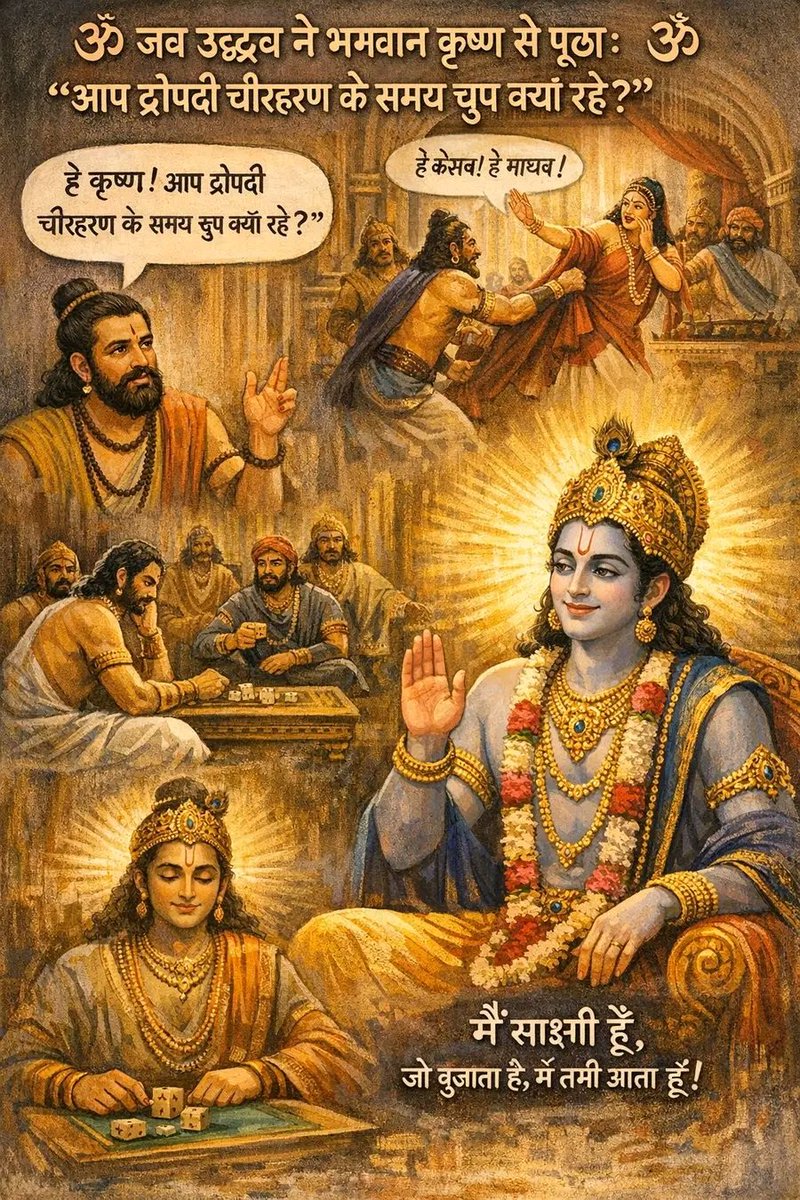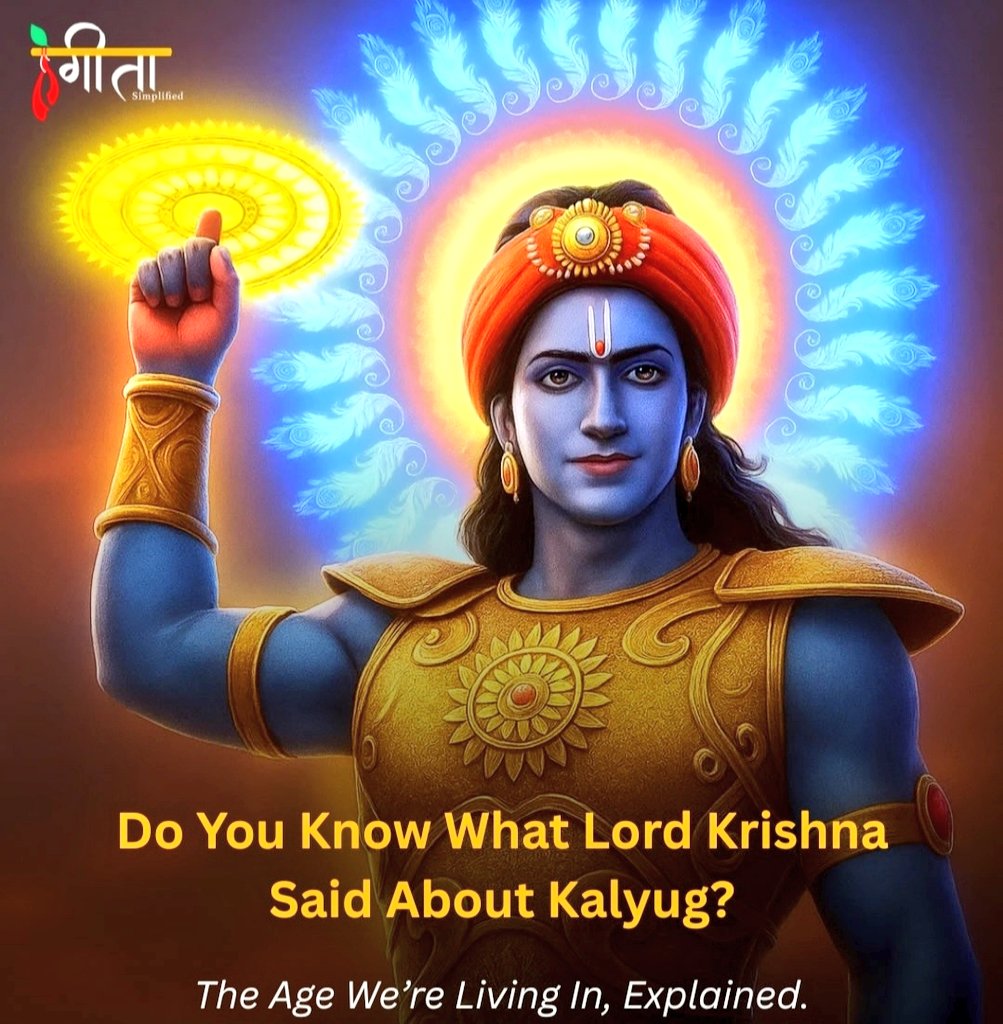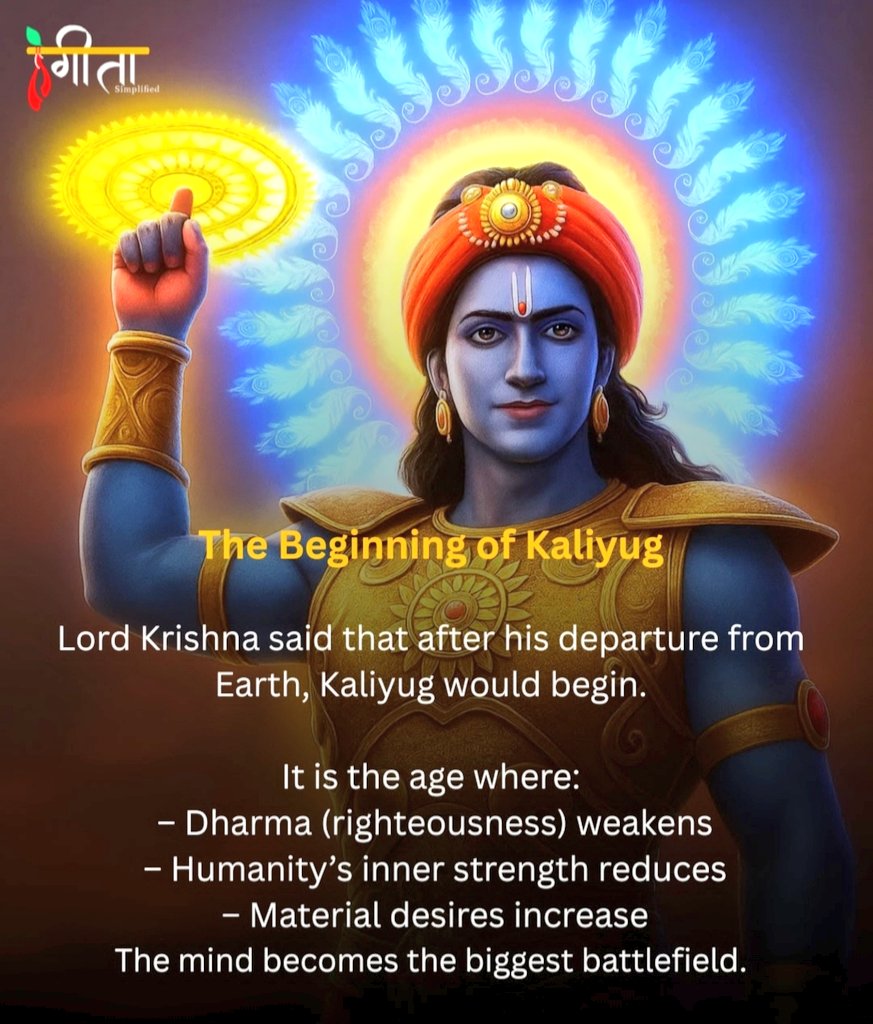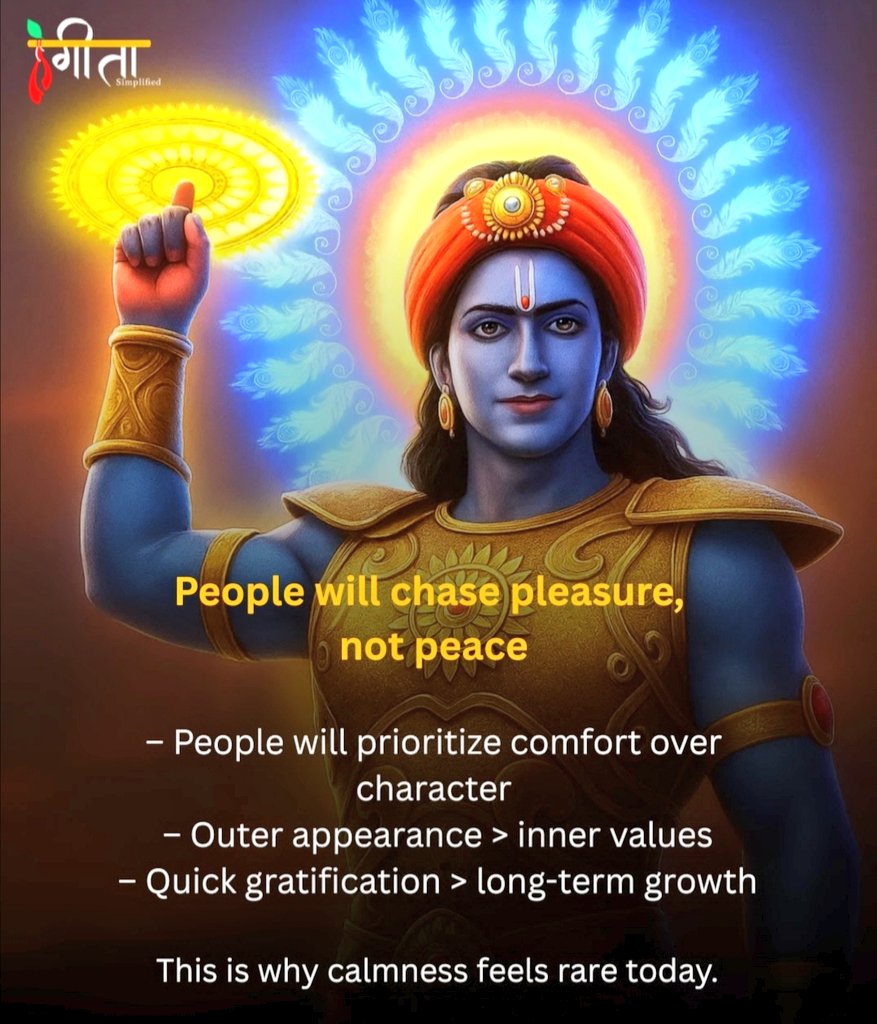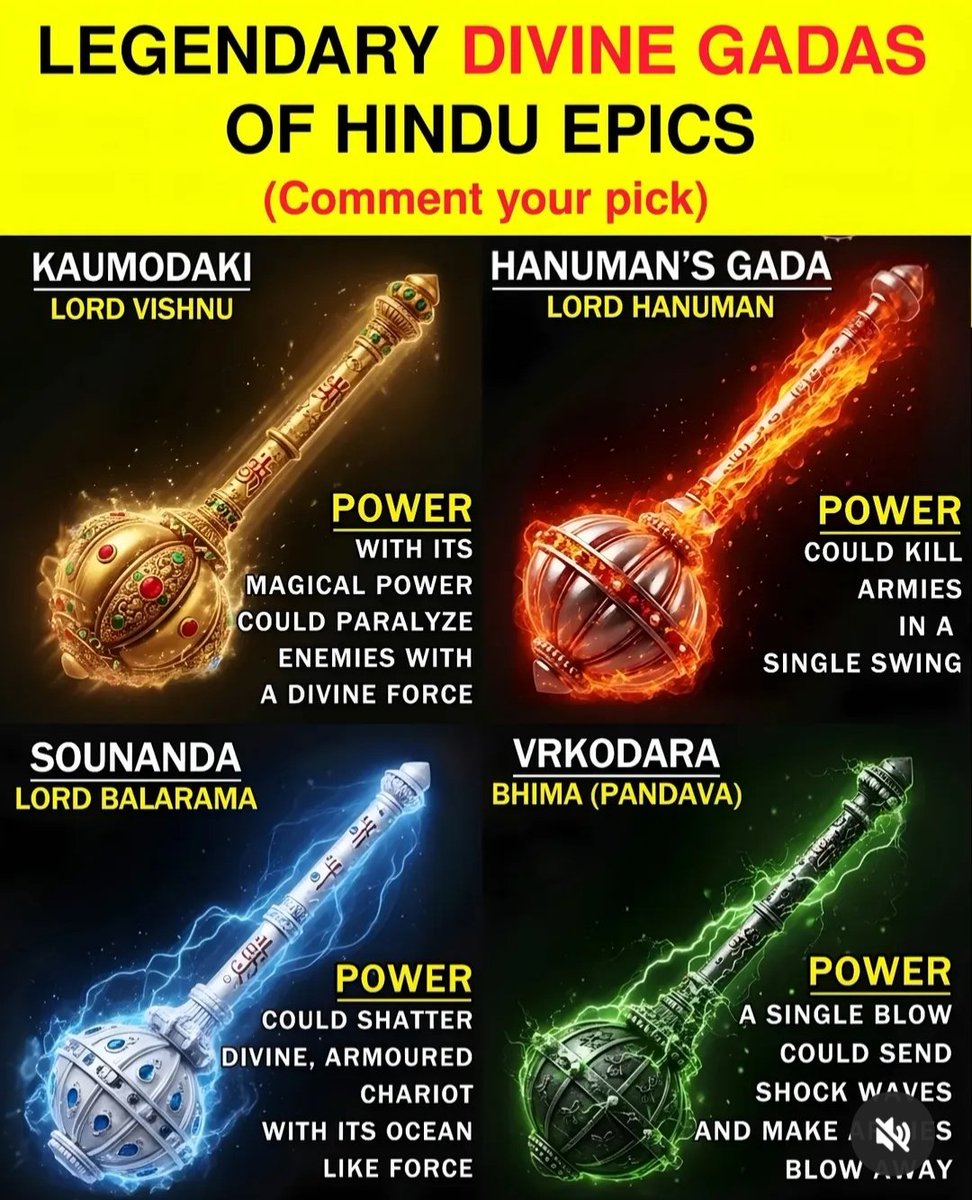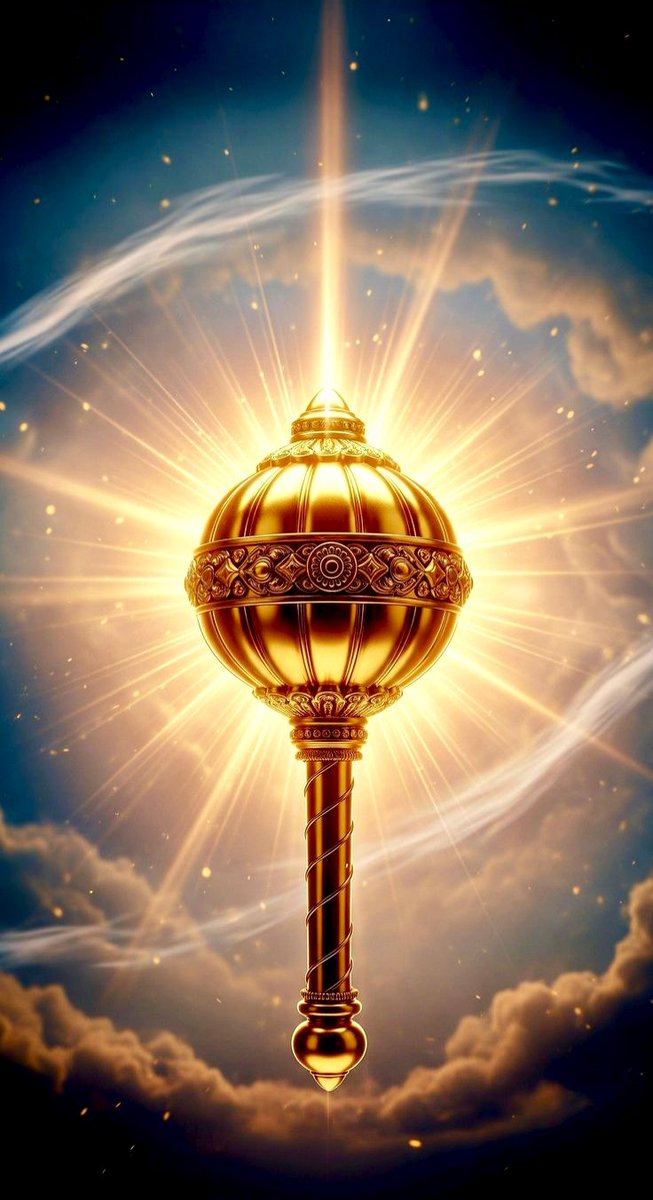🌺A Tale from the Puranas🌺
Banasura, a mighty asura, once ruled over a large Kingdom, Sonitpur. His influence was so strong and fierce that all the kings – and even some of the devas – shuddered in front of him.
Banasura, a mighty asura, once ruled over a large Kingdom, Sonitpur. His influence was so strong and fierce that all the kings – and even some of the devas – shuddered in front of him.
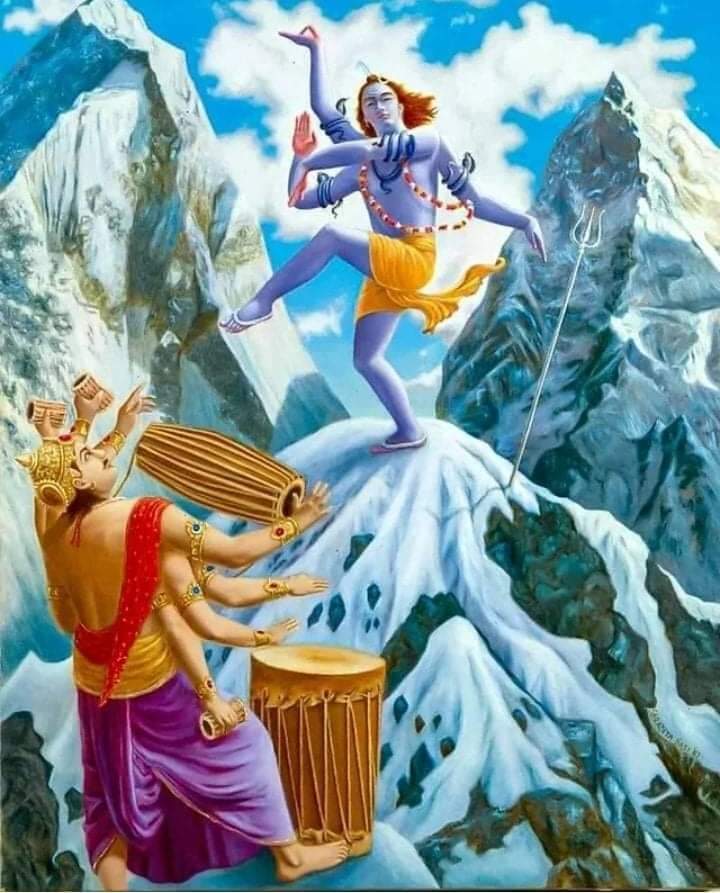
Bana is described as an ancient king of Sonitpur in several Hindu Puranic scriptures. Bana was a thousand-armed Asura king, and the son of Mahabali.
Banasura used to worship a Rasalingam given to him by Vishvakarma, on instruction from Vishnu.
Banasura used to worship a Rasalingam given to him by Vishvakarma, on instruction from Vishnu.

As an ardent devotee of Shiva, he used his thousand arms to play the Mridanga when Shiva was performing the tandava dance. Shiva gave Banasura a boon and the latter requested Shiva to be his protector: therefore, Banasura became invincible. 

As time passed, he became even more cruel and arrogant. He locked up his daughter, Usha, in a fortress called Agnigarh, because many young suitors had come to him asking for her hand.
One day, Usha saw a young man in her dream and fell in love with him.
One day, Usha saw a young man in her dream and fell in love with him.

Chitraleka was a friend of Usha and daughter of Kumbhanda, Minister of Banasura. Chitralekha was a talented artist who helped Usha to identify the young man seen in her dream by sketching various portraits. She had dreamt of Aniruddha, the grandson of Krishna.
Chitralekha, through her supernatural powers, abducted Aniruddha in his sleep from the palace of Krishna and brought him to Shonitpur. When he woke up, he saw Usha and fell in love with her and she told him about her dream. 

When Krishna came to know about the incident, he alongwith Balrama and his Army attacked Banasura's Kingdom. Banasura, having the boon from Shiva asked him to fight for him and thus, started the great Battle between Sri Krishna and Bhagwan Shiv. 

A ground-breaking battle went on for days and created typhoons and whirlwinds so intense that men couldn't have their feet keep touching the ground. 

Finally,Krishna placed Shiva to sleep using Jurumnastra, whereby Shiva fell into a deep slumber,allowing the Yadav forces to destroy the Asur forces.Seeing that Bana summoned his mother like presiding deity,who came as Kotara,a nude women with dishevelled hair&fought with Krishna
Meanwhile Bana fled away, Shiva regained consciousness. Shiva summoned his goblin assistant-Trisira Jvara.Krishna successfully defeated him.Bana returned to the battlefield.Krishna,then summoned the blazing Sudarshan Chakra &cut Bana's thousand arms like branches of a huge tree. 

As a last resort, he pleaded to Shiva for life. True to the plight of his devotee, Shiva arose from his slumber at and approached Krishna to ask for his devotee's forgiveness to which Krishna gladly accepted . 

He then married his grandson Aniruddha to Bana's daughter Usha and the war ended on a happy note, who later gave birth to Vajra, grandson of Pradyumna and the great-grandson of Krishna and Rukmini. 
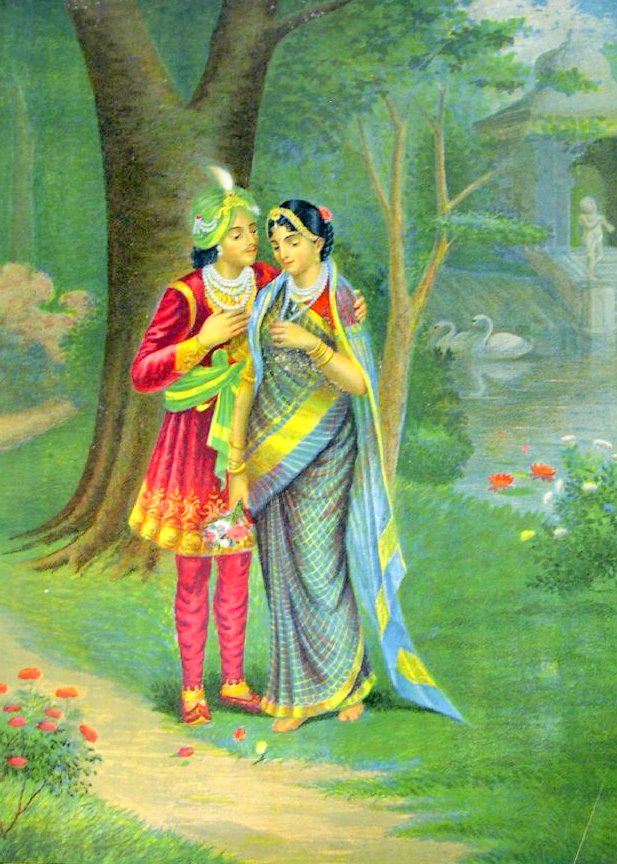
Banasura practiced tapasya and obtained a boon from Bhagwan Brahma that he could only be killed by an adolescent unmarried girl.
With this powerful boon, he became fearless and wreaked havoc on the entire world. He went on to conquer and oust Indra Dev from his throne.
With this powerful boon, he became fearless and wreaked havoc on the entire world. He went on to conquer and oust Indra Dev from his throne.
He banished all the devas from there.The devas who were the personification of the basic natural elements,Agni(fire), Varuna(water),Vayu (air) went uncoordinated and havoc spread in the universe, because Indra(ether)was not able to administer and coordinate the Pancha mahabhoota.
It is believed that Bhagvati, the unbiased Prakriti, can only bring order because she is the nature within which everyone lives and hence is unbiased. Bhagavati manifested herself in the Southern tip of Bharatkhanda, to kill Banasura and recur the balance of nature.
According to the scriptures, Banasura tried to approach and lure the goddess when she was in penance without realizing who she was.
The infuriated Bhagvati, who was the Bhadrakali herself, slaughtered Bana at once. Moments before his death Bana realized that the one before him was Shakti, the Almighty itself. He prayed her to absolve him of his sins. 

• • •
Missing some Tweet in this thread? You can try to
force a refresh


